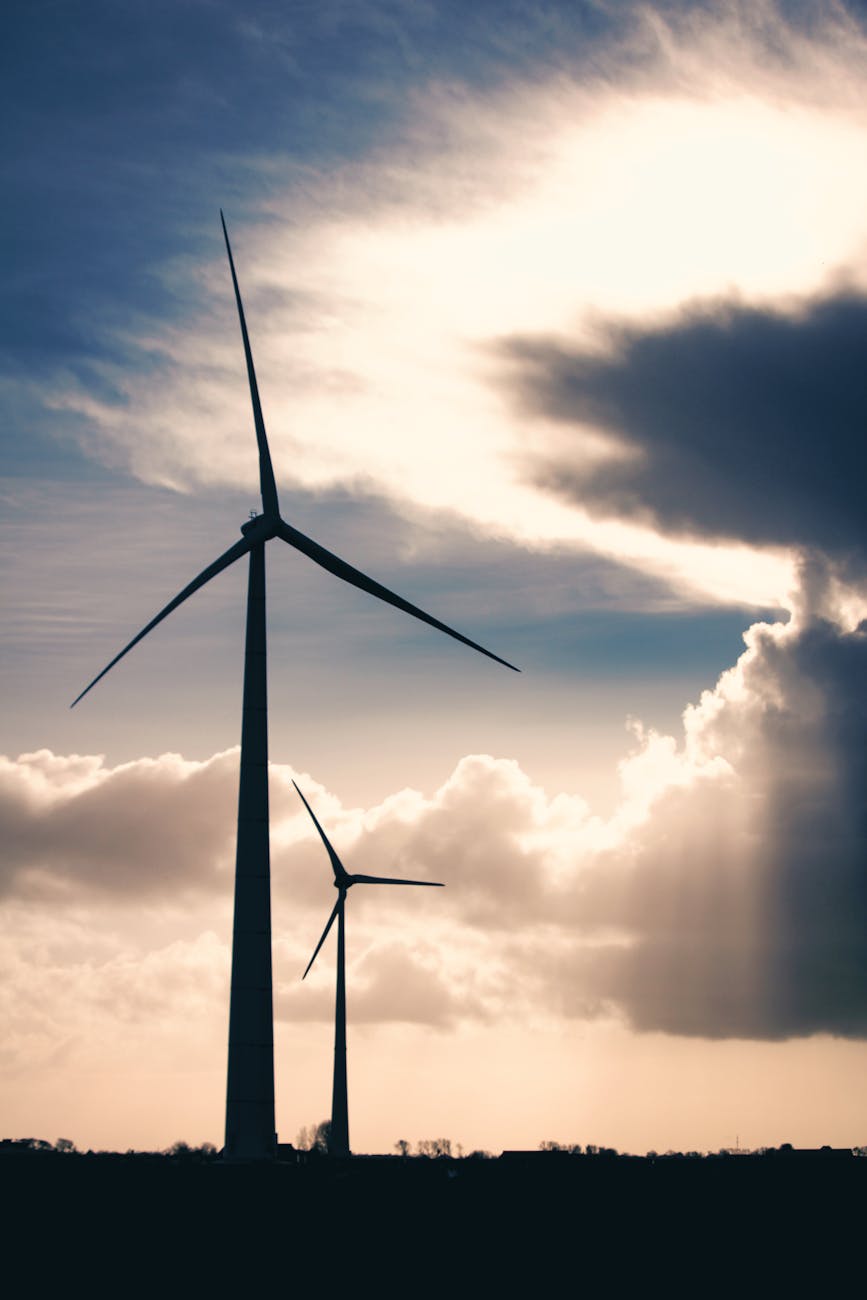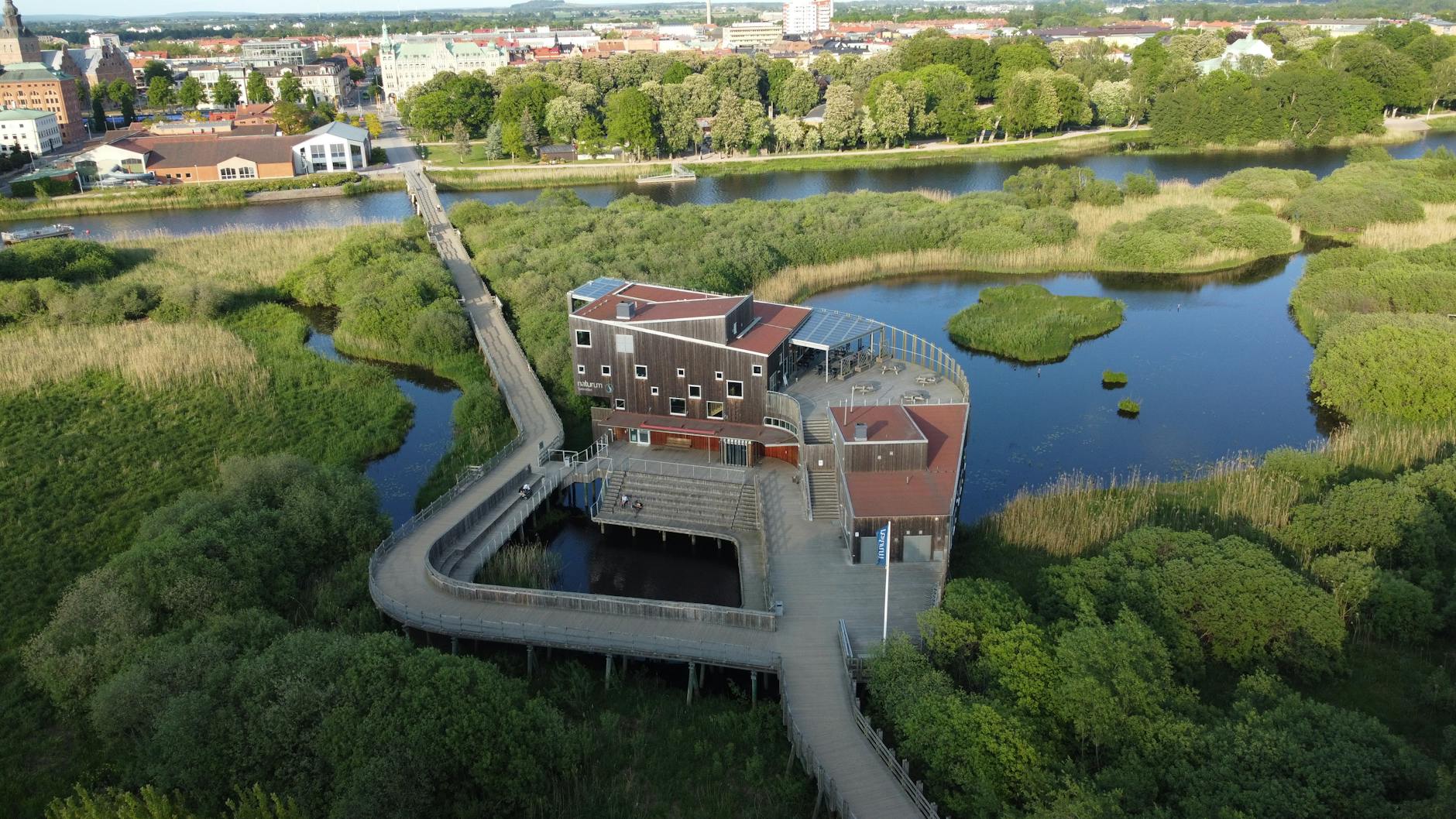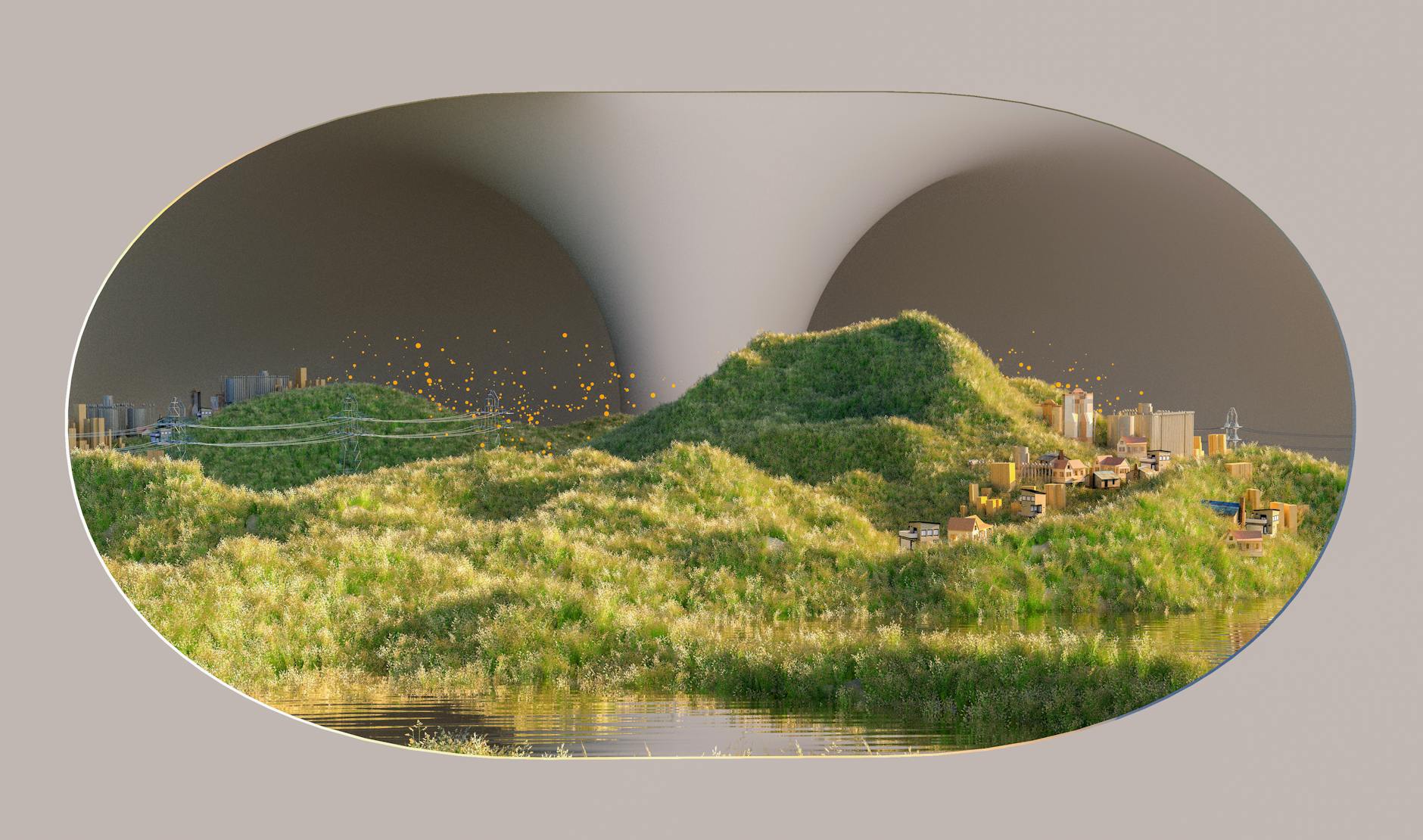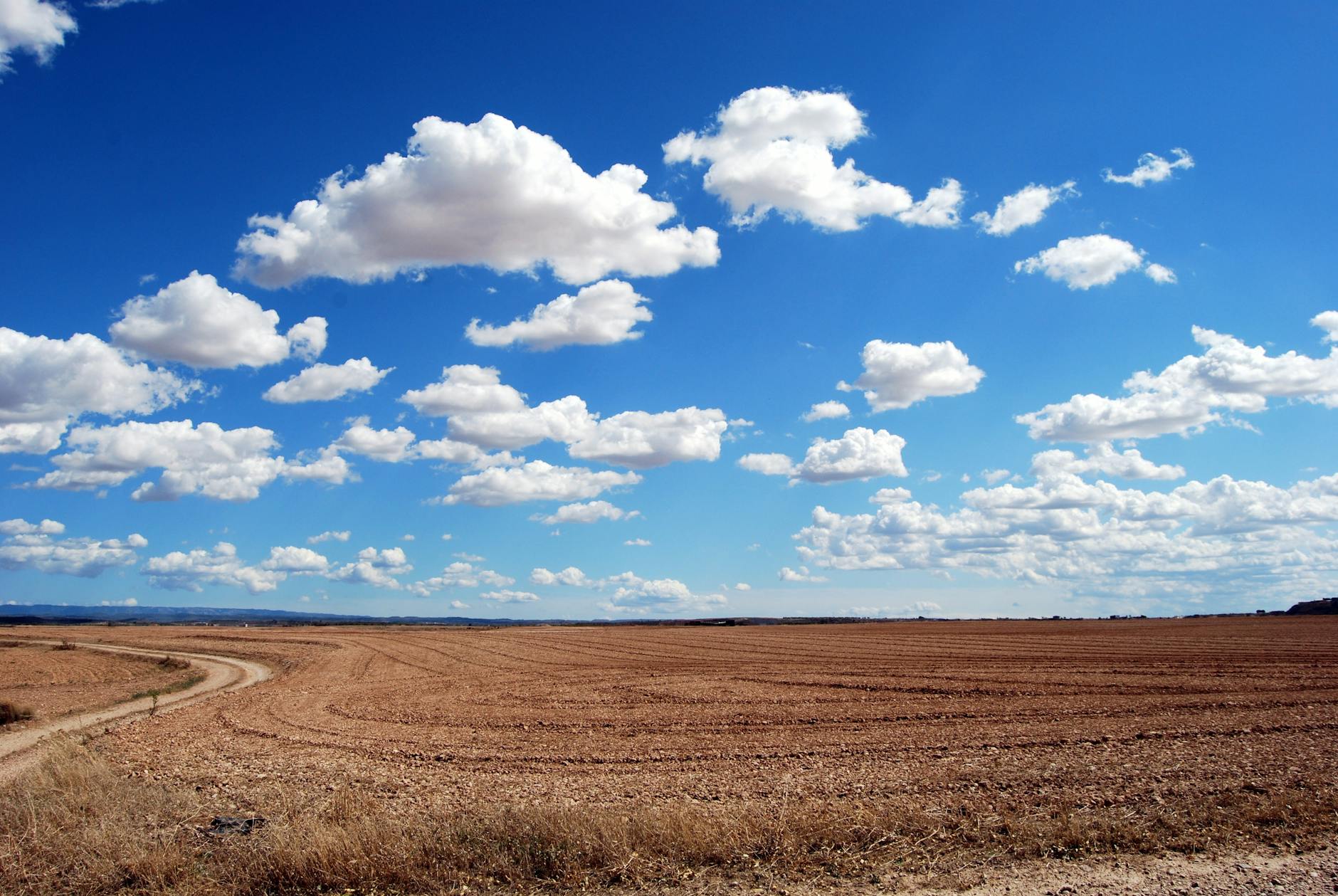The future of sustainability is rapidly evolving as we confront the pressing challenges of climate change, resource depletion, and environmental degradation. As the global community recognizes the urgent need to transition towards more sustainable practices, various sectors are embracing innovative solutions and strategies to ensure a resilient and equitable future. This essay explores the key trends and predictions shaping the future of sustainability, focusing on the growth of renewable energy, sustainable finance, and consumption patterns, as well as the pivotal role of individuals and collaborative efforts.
Future of Sustainability – Trends and Predictions
Introduction
The Future of Sustainability – Trends and Predictions is a subject that captivates environmentalists, policymakers, and businesses alike. As we navigate the complexities of climate change and resource depletion, understanding the Future of Sustainability – Trends and Predictions becomes critical. This essay delves into the emerging trends shaping the Future of Sustainability – Trends and Predictions and explores how these trends are likely to influence our world.

1. Technological Innovations
The Future of Sustainability – Trends and Predictions is heavily influenced by technological advancements. Innovations such as renewable energy technologies, smart grids, and energy-efficient systems are revolutionizing how we approach sustainability. For instance, the rise of solar and wind energy is a testament to the transformative potential of technology in the Future of Sustainability – Trends and Predictions. Additionally, AI and machine learning are becoming integral in optimizing resource use, thus impacting the Future of Sustainability – Trends and Predictions.
2. Circular Economy
The concept of a circular economy is central to the Future of Sustainability – Trends and Predictions. Unlike the traditional linear economy, a circular economy focuses on reusing, recycling, and reducing waste. This model is gaining traction as businesses and governments recognize its potential to reshape the Future of Sustainability – Trends and Predictions. The shift towards circular economy principles is expected to drive significant changes in product design, consumption patterns, and waste management.
3. Climate Policy and Regulation
Government policies and regulations play a crucial role in shaping the Future of Sustainability – Trends and Predictions. The adoption of stricter environmental regulations and ambitious climate goals are expected to accelerate the transition towards sustainable practices. The Future of Sustainability – Trends and Predictions will likely be influenced by international agreements, such as the Paris Agreement, and national policies aimed at reducing carbon footprints and promoting green energy.
4. Sustainable Finance
Sustainable finance is becoming a key driver in the Future of Sustainability – Trends and Predictions. Financial institutions are increasingly prioritizing investments in sustainable projects and green bonds. This trend is transforming the investment landscape, with a growing focus on environmental, social, and governance (ESG) criteria. The rise of sustainable finance is expected to influence corporate strategies and shape the Future of Sustainability – Trends and Predictions.
5. Consumer Behavior
Consumer preferences are evolving, and this shift is impacting the Future of Sustainability – Trends and Predictions. As people become more environmentally conscious, they are demanding more sustainable products and services. This change in consumer behavior is prompting companies to adopt sustainable practices and innovate in response to market demands. The influence of consumer behavior on the Future of Sustainability – Trends and Predictions cannot be underestimated.
6. Urbanization and Smart Cities
The growth of urban areas and the development of smart cities are integral to the Future of Sustainability – Trends and Predictions. Smart cities leverage technology to enhance resource efficiency, reduce environmental impact, and improve quality of life. The integration of sustainable practices in urban planning and infrastructure development is a key factor in shaping the Future of Sustainability – Trends and Predictions.
7. Renewable Energy Transition
The transition to renewable energy sources is a major trend in the Future of Sustainability – Trends and Predictions. Solar, wind, and hydro power are becoming more prevalent as alternatives to fossil fuels. The continued advancement and adoption of renewable energy technologies are expected to play a significant role in determining the Future of Sustainability – Trends and Predictions.

8. Waste Management Innovations
Innovations in waste management are transforming the Future of Sustainability – Trends and Predictions. New technologies and approaches, such as waste-to-energy processes and advanced recycling methods, are enhancing waste management efficiency. These innovations are crucial for addressing the challenges of waste disposal and recycling, thus impacting the Future of Sustainability – Trends and Predictions.
9. Biodiversity and Conservation
Biodiversity and conservation efforts are increasingly important in the Future of Sustainability – Trends and Predictions. Protecting ecosystems and wildlife is essential for maintaining ecological balance and ensuring long-term sustainability. The emphasis on conservation and sustainable land use practices will significantly influence the Future of Sustainability – Trends and Predictions.

10. Education and Awareness
Education and awareness are vital in shaping the Future of Sustainability – Trends and Predictions. Increasing public understanding of environmental issues and sustainable practices can drive collective action and support for sustainability initiatives. Educational programs and campaigns are essential for fostering a culture of sustainability and influencing the Future of Sustainability – Trends and Predictions.

Conclusion
In conclusion, the Future of Sustainability – Trends and Predictions is shaped by a multitude of factors, including technological innovations, policy changes, and shifts in consumer behavior. By staying informed about these trends and actively participating in sustainability efforts, individuals and organizations can contribute to a more sustainable future. The Future of Sustainability – Trends and Predictions holds promise for a world where sustainable practices are integral to our way of life.
Summary Table
| Trend/Prediction | Description |
|---|---|
| Technological Innovations | Advances in technology shaping renewable energy and resource optimization. |
| Circular Economy | Focus on reusing, recycling, and reducing waste to minimize environmental impact. |
| Climate Policy and Regulation | Government policies and international agreements driving sustainable practices. |
| Sustainable Finance | Investment in green projects and adherence to ESG criteria. |
| Consumer Behavior | Growing demand for sustainable products influencing market trends. |
| Urbanization and Smart Cities | Development of smart cities enhancing resource efficiency and sustainability. |
| Renewable Energy Transition | Increasing use of solar, wind, and hydro power as alternatives to fossil fuels. |
| Waste Management Innovations | New technologies improving waste disposal and recycling processes. |
| Biodiversity and Conservation | Efforts to protect ecosystems and wildlife for long-term ecological balance. |
| Education and Awareness | Public education fostering a culture of sustainability. |




